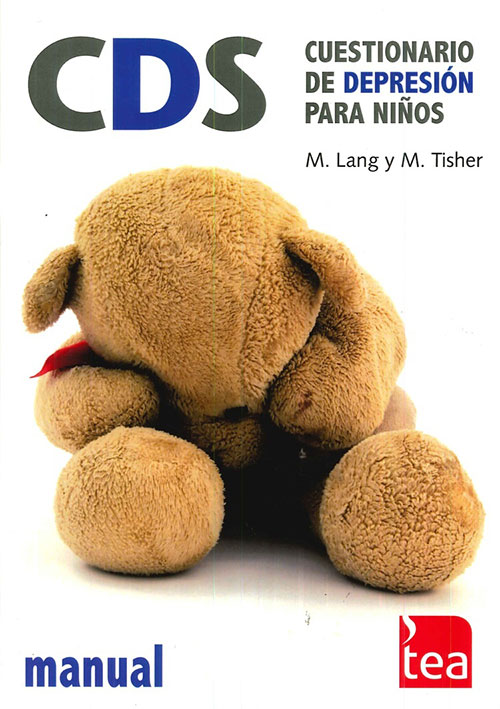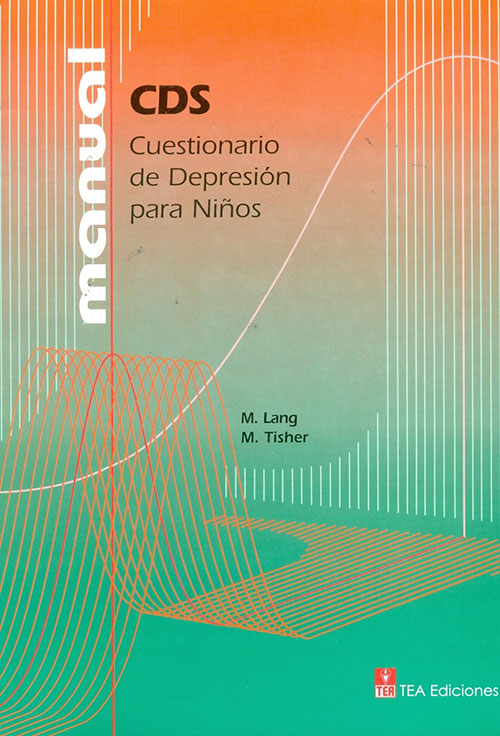Children's Depression Scale (CDS)
Third Edition
Moshe Lang & Miriam Tisher
ACER Press, Australia, 2004.
________________
First published in 1978, the CDS is an invaluable tool for identifying depressed children. Six sub-scales measure affective response, social problems, self-esteem, pre-occupation with own sickness or death, guilt, pleasure and enjoyment. Children post responses into one of five boxes – “Very Right”, “Right”, “Don’t know / Not Sure”, “Wrong”, or “Very Wrong”.
A parent’s questionnaire allows for others to report on the child’s behaviour and feelings. The questionnaire is intended for use with parents, siblings, teachers and relatives of the child to provide another index of the child’s depression or well-being.
The CDS is used by clinicians for therapy as well as assessment. In counselling and psychotherapy the CDS helps children acknowledge their sadness or depression. It is also used in family therapy to help children and parents talk to each other about their feelings. The scale has a game-like quality which facilitates the children’s ability to communicate more fully their experience.
For assessment of depression, the CDS provides an indication of the child’s depression along two continua: depression and the capacity to enjoy life.
This scale has been extensively used in many countries to research depression in children, and has been translated into several different languages, including Spanish, Italian, Dutch, Japanese, Hindu and Arabic.
________________
‘The centerpiece of the CDS remains the empathic and playful means of interacting with a young person as they provide reliable and valid information on both their pleasurable and depressive feelings. To this has now been added robust means of gathering helpful information from parents and teachers which will enrich the assessment and treatment of depressed children and enhance research.’
~ Professor Bruce Tonge, Monash University, Centre for Developmental Psychiatry and Psychology
Available from:
ACER Shop online. Click here.
This edition of CDS features:
– Comprehensive Australian norms
– Two new questionnaires for teachers and health practitioners

CHILDREN’S DEPRESSION SCALE
Children’s Depression Scale (CDS)
Children’s Depression Scale 2004,
Moshe Lang & Miriam Tisher
Third Edition
other books and DVDs by Moshe Lang
Previous Editions:
Lang, M. & Tisher, M. (1978). Children’s Depression Scale (research ed.). Hawthorn, Victoria: Australian Council for Educational Research.
Lang, M. & Tisher, M. (1983). Children’s Depression Scale (2nd research ed.). Hawthorn, Victoria: Australian Council for Educational Research.

Editions around the Globe:
Lang, M. & Tisher, M. (1982). Children’s Depression Scale (portuguese ed.). Rio De Janeiro, Brazil: Centro Editor de Psicologia Aplicada.
Lang, M. & Tisher, M. (1982). Children’s Depression Scale (dutch ed.). Holland: Swets Test Services.
Lang, M. & Tisher, M. (1983). CDS Cuestionario de Depresion para Ninos (spanish ed.). Madrid, Spain: Tea Ediciones.
Lang, M. & Tisher, M. (1984). Children’s Depression Scale (italian ed.). Firenze, Italy: Organizzazioni Speciali SRL.
Lang, M. & Tisher, M. (1987). Children’s Depression Scale (north american ed.). Palo Alto, California: Consulting Psych Press.

Journal Articles / Chapters on CDS:
Tisher, M. & Lang, M. (1981). Comment on the ‘Children’s Depression Scale’: Some Further Psychological Data. ACER Bulletin for Psychologists, No 30, 19-20.
Tisher, M. & Lang, M. (1983). The Children’s Depression Scale: Review and Further Developments. In P. Cantwell & G.A. Carlson (Eds.), Affective Disorders in Childhood & Adolescence – An Update (pp. 181-210). Spectrum Publications Inc.
Tisher, M., Lang-Takac, E. & Lang, M. (1992). The Children’s Depression Scale: Review of Australian and Overseas Experience. Australian Journal of Psychology, 44(1), 27-35.
Tisher, M. & Lang, M. (1992). The Childrens Depression Scale: Literature Update. Psychological Test Bulletin, 5(2), 137-139.

